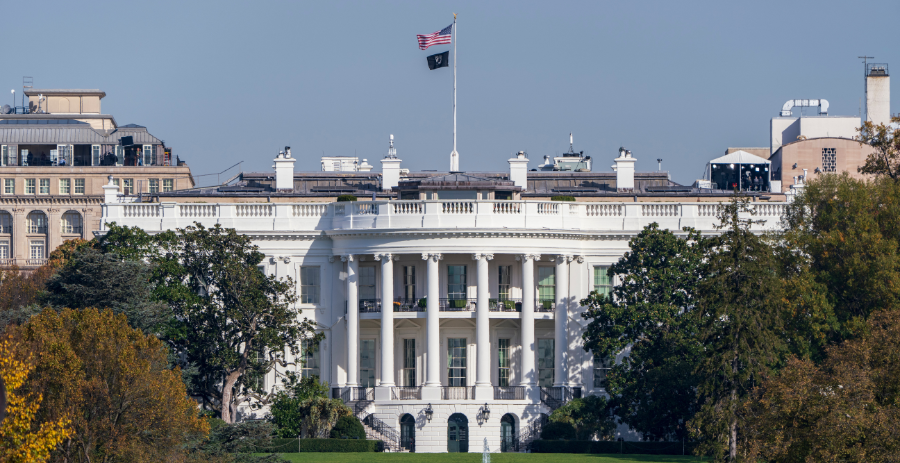2024 US election
U.S. Election’s High Stakes: Real Estate Industry Faces Divergent Futures Based on White House Winner

As the 2024 U.S. presidential election approaches, the significance of participation in the electoral process becomes increasingly clear. Understanding the candidates and their policies is essential for voters, especially regarding the future of the nation’s economy and housing market.
Two contrasting perspectives are emerging from the Harris/Walz and Trump/Vance campaigns. The candidates propose differing solutions to the ongoing housing crisis and economic challenges that affect all Americans. One side advocates for tax cuts and deregulation as mechanisms for growth, while the other emphasizes increased taxation and regulation to resolve systemic issues.
Taxation
The candidates’ approaches to taxation sharply diverge. The Trump campaign seeks to lower the corporate tax rate from 21% to 15% and aims to make certain tax benefits permanent, building on the framework established by the “Tax Cuts and Jobs Act” of 2017. This strategy focuses on stimulating economic growth through tax relief.
Conversely, the Harris campaign supports increased taxation measures, including a tax on unrealized gains. Critics argue such policies could negatively impact housing investment and ownership. To combat the housing crisis, their plan includes constructing three million new housing units and establishing a $40 billion fund to incentivize affordable housing initiatives for first-time buyers.
While ambitious, the feasibility of this plan is questionable as it relies heavily on increased taxation, potentially harming current homeowners and undermining housing investments.
Regulation
On regulations, the Harris campaign has introduced initiatives like the “Stop Predatory Investing Act,” aimed at limiting property acquisitions by institutional investors. This reflects a broader regulatory focus in contrast to Trump’s vision of reducing regulations in the housing sector.
Trump advocates for deregulation to foster a more favorable environment for homebuilders, emphasizing minimal government oversight across various sectors, including energy and real estate. In stark contrast, the current administration has implemented significant regulatory changes, exemplified by $1.7 trillion in new costs that have complicated market dynamics over the past three years.
These regulatory shifts have intensified the focus on alleviating pressures within the housing sector, highlighting the need for reforms that enable Americans to secure their ideal living conditions.
As the nation navigates a staggering $35 trillion in debt, there is an urgent call for a balanced approach that supports fiscal responsibility while aiding homeowners, renters, and property operators alike.
With considerable stakes in this election, voters are encouraged to closely scrutinize the policy proposals of each candidate. Setting aside personal biases to evaluate the implications of these policies is essential in determining how the elected leader will shape the future of the country.


















